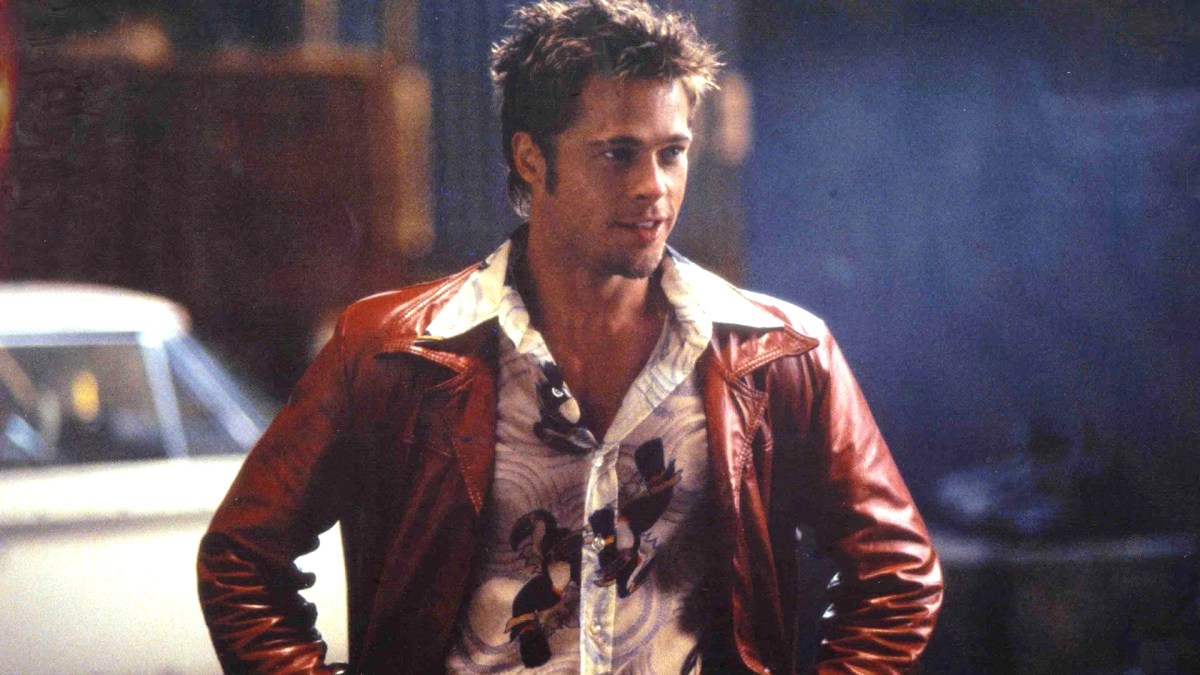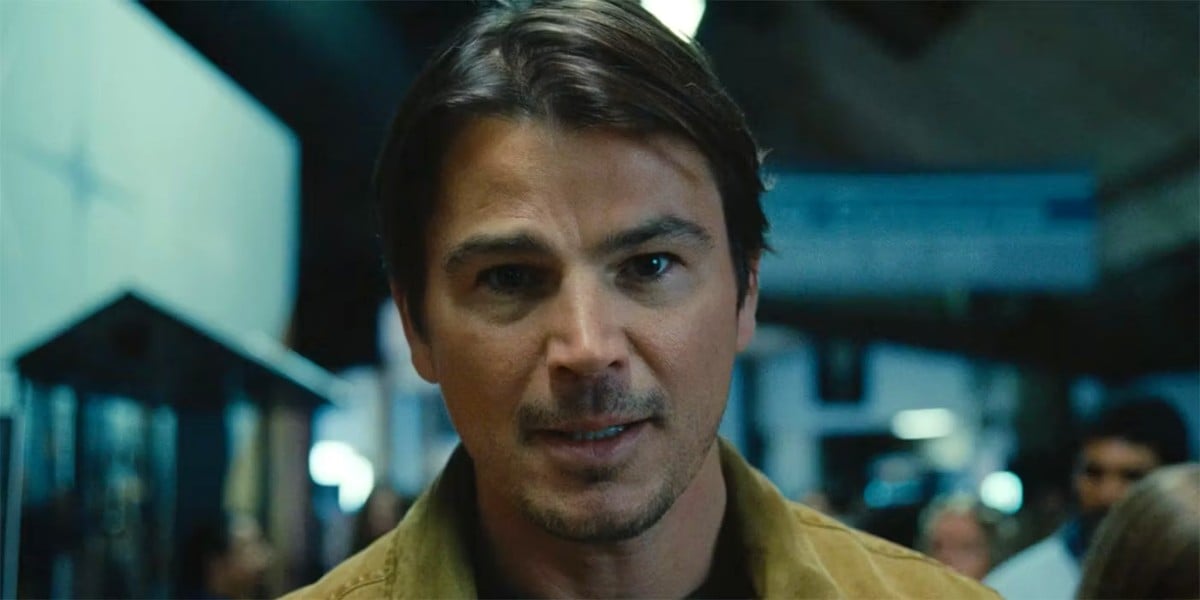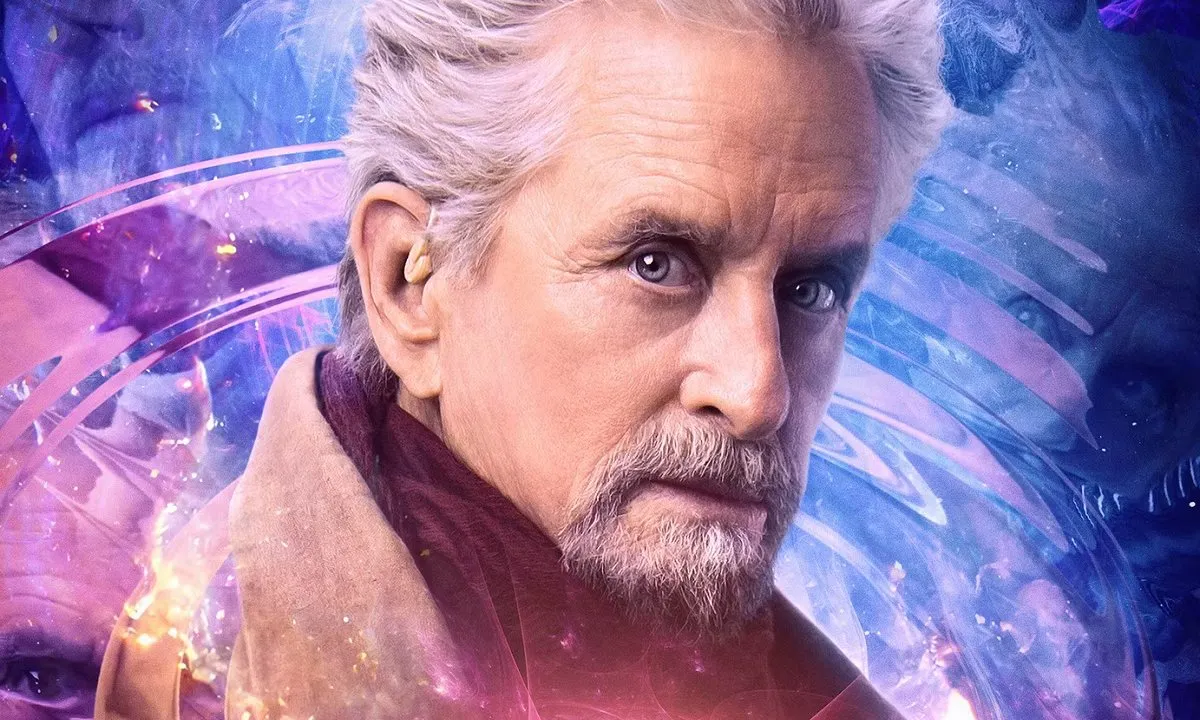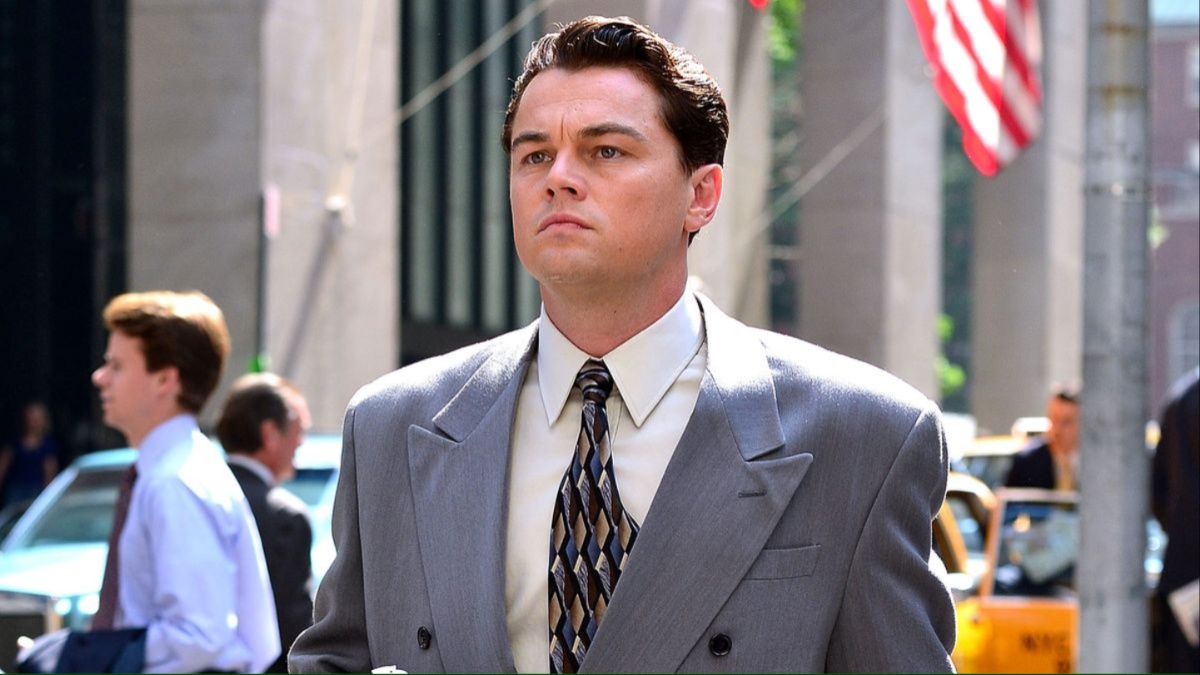David Fincher’s Fight Club has a peculiar twist in China. The 1999 Brad Pitt flick, which is based on American author Chuck Palahniuk’s popular novel of the same name, explores the complicated relationship between American masculinity and corporate consumerism at the tail end of the 20th century.
So when news broke that Fight Club has a changed ending in China, American fans of the film were slightly taken aback.
Viewers in China first brought the edit to light in late January 2022, after a copy of the film on Tencent Video revealed an unexpected new epilogue. The official Chinese release is 12 minutes shorter, CBS reports, and cuts out the film’s original ending for a far tamer conclusion—one that’s actually more in line with the book.
Before you read on, please note, the rest of this article will include spoilers for both the film and book version of Fight Club. So if you plan on seeing the movie (or reading the original novel), stop and check them out, then read on for what’s been changed.
How Fight Club originally ended
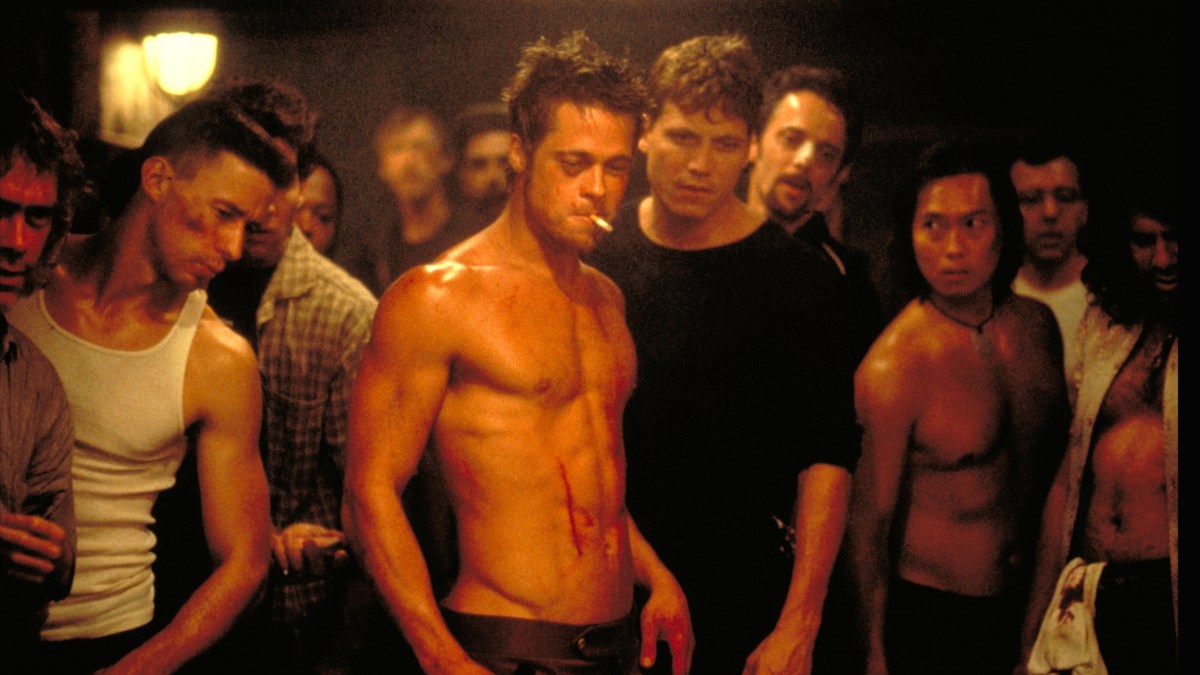
In Fight Club’s original release, charismatic anti-capitalist figure Tyler Durden (Brad Pitt) works with The Narrator (Edward Norton) to form the titular Fight Club, where men get together and, well, fight one another.
Gradually, Tyler begins forming Project Mayhem from Fight Club members, a terrorist organization hellbent on freeing Americans from corporate control. This culminates in Tyler’s decision to bomb enormous skyscrapers hosting Americans’ credit card data. Destroy the information, destroy credit’s hold on others, right? (Back in 1999, when online banking wasn’t where it was today, this made much more sense.)
In the film, The Narrator realizes that Tyler and himself are one and the same (Norton’s protagonist experiences Dissociative Identity Disorder). The Narrator tries to defuse Tyler’s bomb and fails, although he does end up successfully “killing” Tyler by shooting himself in the cheek. Nonetheless, Tyler succeeds in his plans, and The Narrator stands with love interest Marla Singer (Helena Bonham Carter) as the credit card buildings tumble.
How does Fight Club end in China?
That’s the original American ending. In China, however, the bombing doesn’t go quite as planned. The police ultimately follow through on a tip provided by The Narrator (erroneously described as Tyler) and foil Project Mayhem’s plot. After The Narrator shoots himself, effectively killing the Tyler personality, the ending is then replaced with a mini-epilogue explaining what happens next.
“Through the clue provided by Tyler [sic], the police rapidly figured out the whole plan and arrested all criminals, successfully preventing the bomb from exploding,” a screengrab of the Tencent ending notes. “After the trial, Tyler was sent to lunatic asylum [sic] receiving [sic] psychological treatment. He was discharged from the hospital in 2012.”
No grand explosion. The police find The Narrator, put the bad guys away, and by 2012, The Narrator seemingly has a normal life.
Chuck Palahniuk weighs in
Palahniuk made fun of the change on his Substack shortly after the censored ending went viral. “Tyler and the gang were all arrested. He was tried and sentenced to a mental asylum. How amazing. I’d no idea! Justice always wins,” he quipped. “Nothing ever exploded. Fini.”
But, as the author also pointed out after the news went viral, the ending ironically fits the original intention of his book.
In the novel, Tyler targets a local museum with bombs that ultimately fail to go off. Tyler disappears within The Narrator, and The Narrator tries to end his life. Instead, he finds himself in a mental hospital where staff affiliated with Project Mayhem hope to bring Tyler back to continue his plans.
As Palahniuk told TMZ Live, the new distribution’s ending is ironically aligned “almost exactly with the ending of the book, as opposed to Fincher’s ending, which is the more spectacular visual ending.”
While it’s unclear who censored the film—CBS notes that Western distributors commonly make artistic compromises to assure Western media is approved for Chinese distribution—he suggests the final ending was created as a “happy medium” between the novel and the film.
Palahniuk: “I’ve been putting up with book banning for a long time”
He was also quick to note that censorship is not just a problem in China; international editors had long changed his novel’s ending to coincide with the film’s. Palahniuk also highlighted how U.S. schools and prison systems limit students and incarcerated readers from accessing his work in the first place.
“You know, what I find really interesting is that my books are heavily banned throughout the U.S. The Texas prison system refuses to carry my books in its libraries. A lot of public schools, and most private schools, refuse to carry my books,” he told TMZ. “But it’s only an issue once China changes the end of a movie? You know, I’ve been putting up with book banning for a long time.”
So while censorship is undeniably a real issue in China, Fight Club is censored throughout the U.S., too. And it’s, perhaps, a little hypocritical to hyper-fixate on Tencent’s epilogue when many incarcerated Americans and young students can’t even access Palahniuk’s work here in the States.
Or, as Palahniuk told NewsNation Now after Republican Senator Ted Cruz weighed in: “Ted Cruz of all people should not be somebody who protests censorship elsewhere because my books are pretty heavily censored in Texas.”
(Image: Fox)
—The Mary Sue has a strict comment policy that forbids, but is not limited to, personal insults toward anyone, hate speech, and trolling.—



